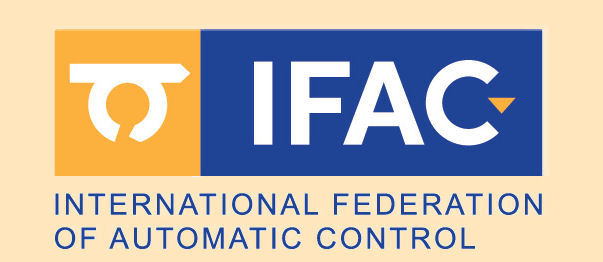| Paper MoBT3.2
Ahmed, Omar (University of Michigan), Middleton, Robert (University of Michigan), Tran, Vivian (University of Michigan), Weng, Andrew (University of Michigan), Stefanopoulou, Anna G. (Univ Of Michigan), Kim, Kenneth (DEVCOM Army Research Laboratory), Kweon, Chol-Bum (DEVCOM Army Research Laboratory)
Model Predictive Control of Combustion Phasing in Compression Ignition Engines by Coordinating Fuel Injection Timing and Ignition Assist
Scheduled for presentation during the Regular Session "Modeling, Estimation, and Control of Internal Combustion Engine- II" (MoBT3), Monday, August 29, 2022,
15:50−16:10, Pfahl Hall 140
10th IFAC International Symposium on Advances in Automotive Control, August 28-31, 2022, Columbus, Ohio, USA
This information is tentative and subject to change. Compiled on April 24, 2024
|


 This site is protected by copyright and trademark laws under US and International law.
This site is protected by copyright and trademark laws under US and International law.